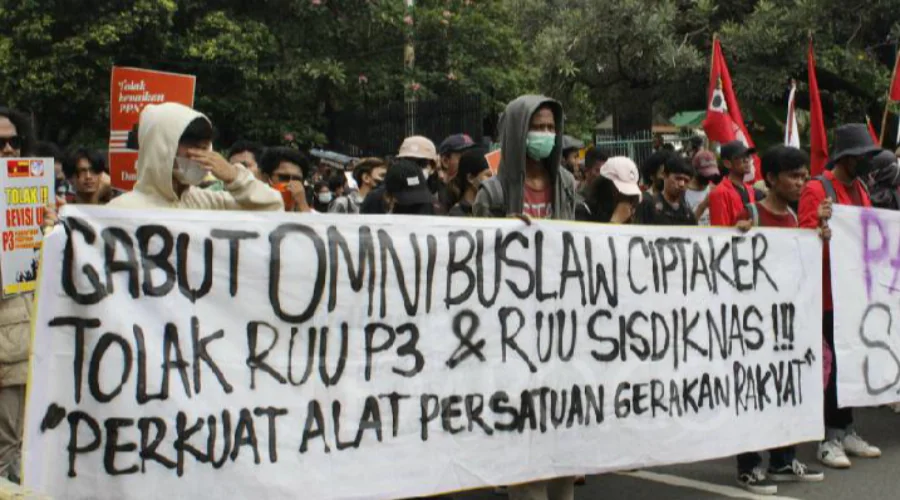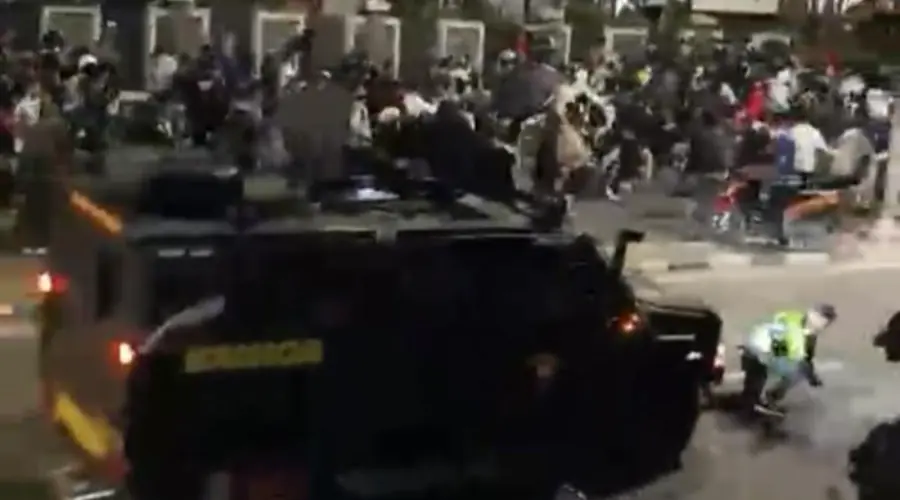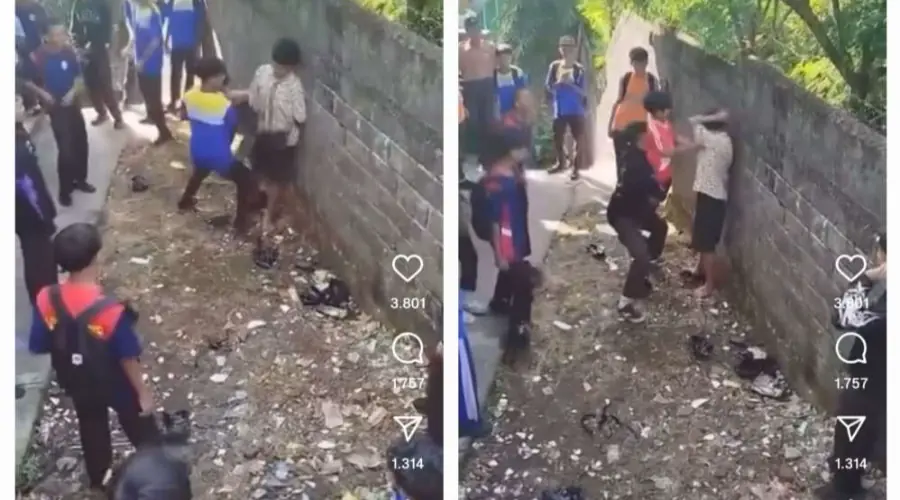
- 16 Jan
- 2023
Ilustrasi Perppu Cipta Kerja. Tempo/Muhammad Syauqi Amrulah
Law expert at UM Surabaya considers the Job Creation Perppu Incorrect, Here Are 5 Reasons
The polemic on the issuance of Government Regulation in Lieu of Law Number 2 of 2022 concerning Job Creation (Perppu Ciptaker) caused uproar for the Indonesian people. The existence of Perppu 2/2022 is said to revoke Law Number 11 of 2020 concerning Job Creation (UU Ciptaker) which was previously declared conditionally unconstitutional (formal flaw) by the Constitutional Court (MK) through MK Decision Number 91/PUU-XVIII/2020.
Satria Unggul Wicaksana, a legal expert at UM Surabaya, said that the issuance of the Perppu Ciptaker raises various fundamental problems. According to him, there are 5 reasons why the Perppu Ciptaker is considered inappropriate, including:
First, the government is busy legitimizing its power, not paying attention to the civility of the constitution, after the publication of the Perppu Ciptaker which is actually a way to trick the statutory regulations, considering that the Constitutional Court Decision 91 of 2020 has not really been implemented and corrected the root of the problem, namely trying to correct the formal flaws in the formation of the Ciptaker Law -correctly fixed.
"The issuance of this Perppu Ciptaker was because the government and the DPR failed to comply with the Constitutional Court's decision to make improvements within two years, then instead forced the enactment of the Ciptaker Law through the Perppu Ciptaker," said Satria Monday (16/1/23)
Satria, who is also the Director of the UM Surabaya Center for Anti-Corruption and Democracy Studies (PUSAD), said that the contents of the Perppu Ciptaker are another form of copy-pasting of the Ciptaker Law by defending the legislative mistakes that were made.
Second, the reckless practice of making Perppu on the grounds of a global recession contradicts the goal of a rule of law state. Using the reasons for recession and the global economy as reasons for carrying out regulations, of course this is very much contrary to the civility of the constitution and the context of a rule of law which emphasizes the existence of restrictions on power and guarantees for the protection of human rights (HAM) for citizens.
Third, the neglect of the rights of citizens and vulnerable groups. In the context of the issuance of the Perppu Ciptaker, of course, it ignores vulnerable groups, such as workers who are increasingly losing their basic rights, such as severance pay, determining the minimum wage, expanding work objects that can apply the outsourcing system to the mechanism of work agreements for a certain time (PKWT) which know no time limit.
"This of course has a very bad impact on workers, as well as a series of problems that befall other vulnerable groups such as groups with disabilities, women, and other community groups," he stressed again.
Fourth, the application of regulations that coup the constitution through law. Article 184b of the Ciptaker Perppu completely ignores the mandate of the Constitutional Court decision 91 of 2020 which obliges the government to really evaluate problematic regulations, and use all means that indicate a constitutional coup has occurred through law, judicial power such as the Constitutional Court through its decisions are not respected so that it can be called an insult to the constitutional court (contempt of constitutional court).
Finally, the prevalence and legitimacy of reckless regulations is a sign of an attack on academic freedom and democracy, because various academics have provided legitimacy with technocratic science to justify the government's efforts to pass the Perppu Ciptaker.
"This is clearly against the principles and integrity of academic freedom and is certainly the root cause of the weakening of democracy in Indonesia," concluded Satria.










(0) Comments